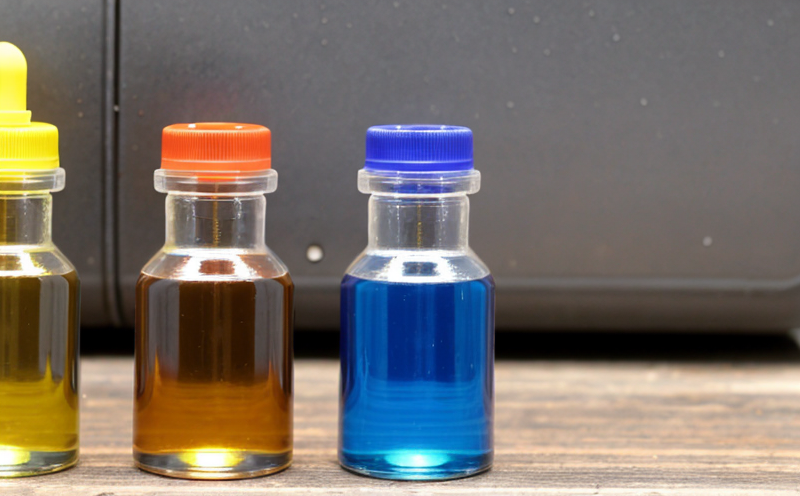Cosmetic Product pH Testing
Understanding and ensuring the correct pH levels in cosmetic products is crucial. The pH level affects the product's stability, effectiveness, and safety. Products with an inappropriate pH can lead to irritation or even allergic reactions when used on skin. This service ensures that cosmetics meet both consumer expectations and regulatory requirements.
The pH scale ranges from 0 (extremely acidic) to 14 (extremely basic), with a neutral point at 7. For most cosmetic products, the ideal pH range is between 3 and 8, which aligns closely with human skin's natural pH level of around 5.5. This range ensures that the product remains stable while minimizing potential adverse effects on the skin.
The testing process begins by preparing a representative sample of the cosmetic product. The sample is then carefully measured into a suitable container and analyzed using advanced instrumentation such as pH meters or titration methods. These instruments provide precise measurements, allowing for accurate determination of the product's pH value.
Compliance with international standards like ISO 25098 ensures that our testing meets industry benchmarks. This standard provides guidelines on how to determine the pH values of various cosmetic products, ensuring consistency and reliability across different laboratories.
Once the pH is determined, it must be compared against acceptance criteria set by regulatory bodies such as the FDA or EMA. Compliance with these standards ensures that the product is safe for consumer use. Beyond safety, maintaining proper pH levels can enhance the product's shelf life and overall performance.
Our comprehensive approach includes not only the actual testing but also providing detailed reports outlining the results and recommendations. These insights help our clients understand how their products perform across different conditions and environments. This data is invaluable for quality control, formulation adjustments, and market compliance.
Why It Matters
Ensuring proper pH levels in cosmetic products goes beyond regulatory compliance; it plays a vital role in product safety and effectiveness. An improperly formulated product can lead to skin irritation or allergic reactions, which not only affects the consumer's experience but also the company's reputation.
The human skin acts as a protective barrier that regulates the pH of its environment. When external products are applied, they should ideally maintain this balance. Products with an inappropriate pH can disrupt this natural equilibrium, leading to discomfort and potential health issues.
From an operational perspective, maintaining accurate pH levels enhances product stability. This reduces the likelihood of batch failures or quality issues during production. In turn, this leads to lower waste rates and increased efficiency in manufacturing processes. Additionally, ensuring compliance with regulatory standards helps avoid legal challenges and potential recalls.
- Improves consumer safety
- Enhances product stability
- Avoids regulatory issues and recalls
- Ensures consistent product quality
Environmental and Sustainability Contributions
Although cosmetic pH testing is primarily focused on consumer safety, it also plays a role in environmental sustainability. By ensuring that products are stable and do not degrade prematurely, we help minimize waste and reduce the need for frequent product replacements. This contributes to overall resource efficiency.
In addition, maintaining proper pH levels can prevent the release of harmful chemicals into the environment during disposal or use. For instance, certain acidic or basic compounds in cosmetics could react with environmental factors, potentially causing harm. By adhering to strict testing protocols, we help mitigate these risks.
- Reduces product waste
- Avoids unnecessary replacements
- Mitigates the release of harmful chemicals into the environment
- Contributes to overall resource efficiency
Competitive Advantage and Market Impact
In today's competitive market, ensuring product quality is not just a regulatory requirement but also a key differentiator. By offering reliable pH testing services, we provide our clients with the assurance that their products meet or exceed industry standards.
This level of compliance can translate into enhanced consumer trust and loyalty. Consumers are increasingly aware of the importance of ingredient safety and effective product performance. By demonstrating commitment to these values through rigorous testing, companies can build a stronger brand identity.
From a strategic standpoint, maintaining proper pH levels is also crucial for innovation in formulation. Understanding how different ingredients interact within a specific pH range allows for more precise control over product properties. This opens up opportunities for developing new formulations that offer unique benefits or improved performance.





